Addressing Mental Health in Irish Agriculture 2025
Introduction
Farming’s always been part of who we are in Ireland. Most of us reading this grew up around it; early mornings, cold hands, muck on the boots, and one eye always on the sky. There’s pride in it, no doubt that quiet, steady way of just getting on with things.
But underneath all that, there’s stuff we don’t really talk about. Not properly. Mental health. And the truth is, it’s taking a toll. Farmers are tired, not just from the graft, but from carrying everything else on top of it. The pressure, the uncertainty, the feeling that they’ve to handle it all alone, and it’s wearing people down.

The Hidden Load Farmers Carry
It’s hard to explain the kind of pressure farming brings unless you’ve lived it. The days aren’t long, they can be endless. The margin for error is slim, and the pace is dictated by animals, seasons, and systems you can’t control.
DCU (Dublin City University) conducted a study in 2024 and highlighted the figures surrounding this. They found that 23.6% of Irish farmers are experiencing clinical levels of burnout, and over half are struggling with stress-related sleep loss. Those aren’t abstract numbers, they’re real people lying awake, running through costs and weather forecasts, wondering how they’re going to make it work another year.
And burnout doesn’t mean being a bit tired, it means your mind and body are pushed to the brink. It's the kind of fatigue that no amount of rest can fix. One dairy farmer from Cork who we spoke to summed it up by saying, “You’re never finished. Even when you sit down, your head is still working. You’re never really off.”
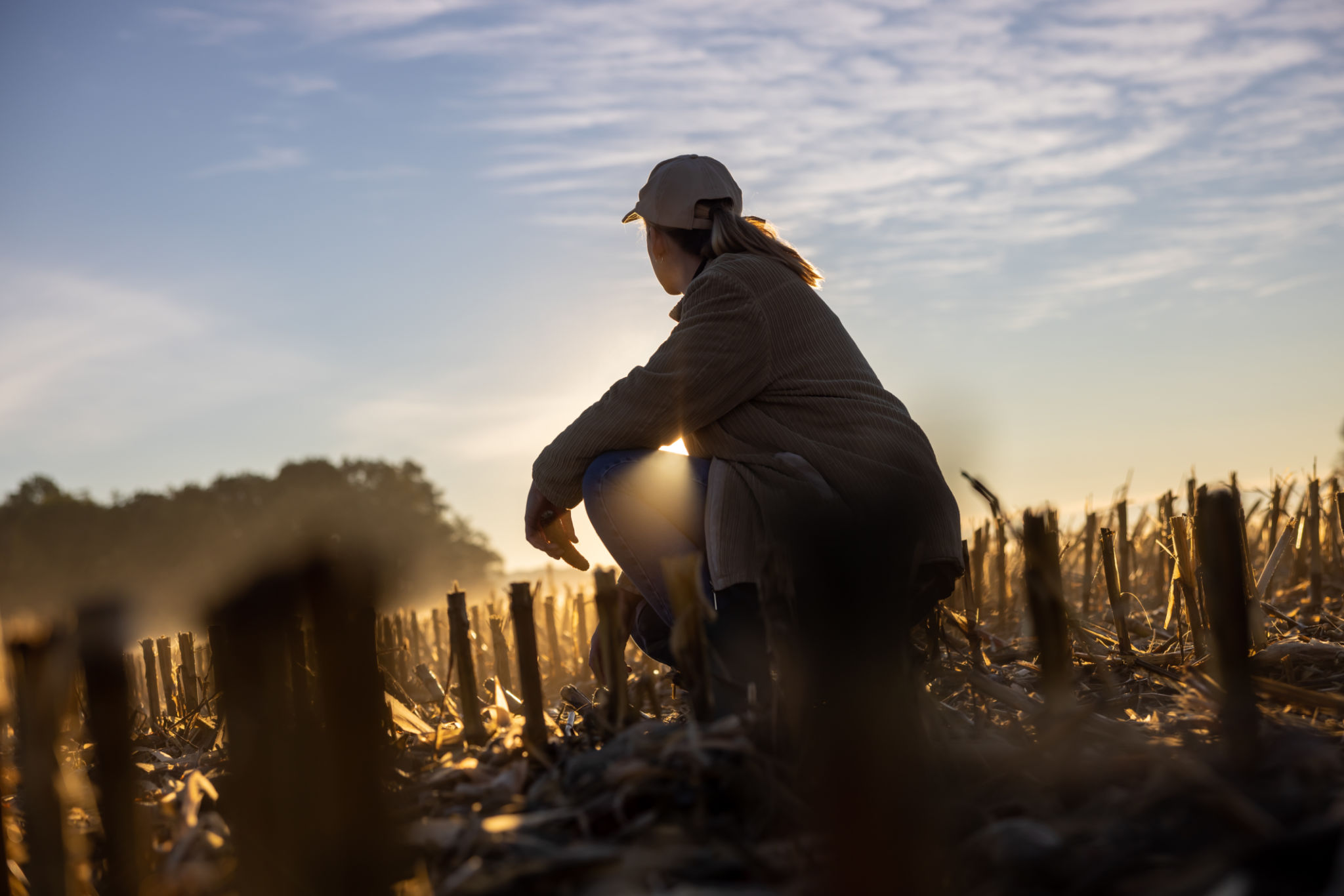
The Silence That Hurts the Most
In rural Ireland, there’s still a strong sense that you should just crack on, keep going, and don’t make a fuss. And sure, isn’t everyone under pressure these days?
But here’s the problem, that stoicism we’re so proud of is costing us. It’s stopping people from speaking up, from reaching out. A study by FarMHealth showed that while 71% of farmers would consider getting help, more than half didn’t know where to start. Some didn’t even know what services existed.
And even when they do know, the fear of being judged is enough to keep them quiet. The stigma’s not gone yet, it lingers in small towns and back roads, in the unspoken rules that say “talking about your head isn’t for the likes of us.”
But that’s wrong. Dead wrong. Because silence is dangerous. And when people feel they have to battle alone, it can lead to devastating outcomes.
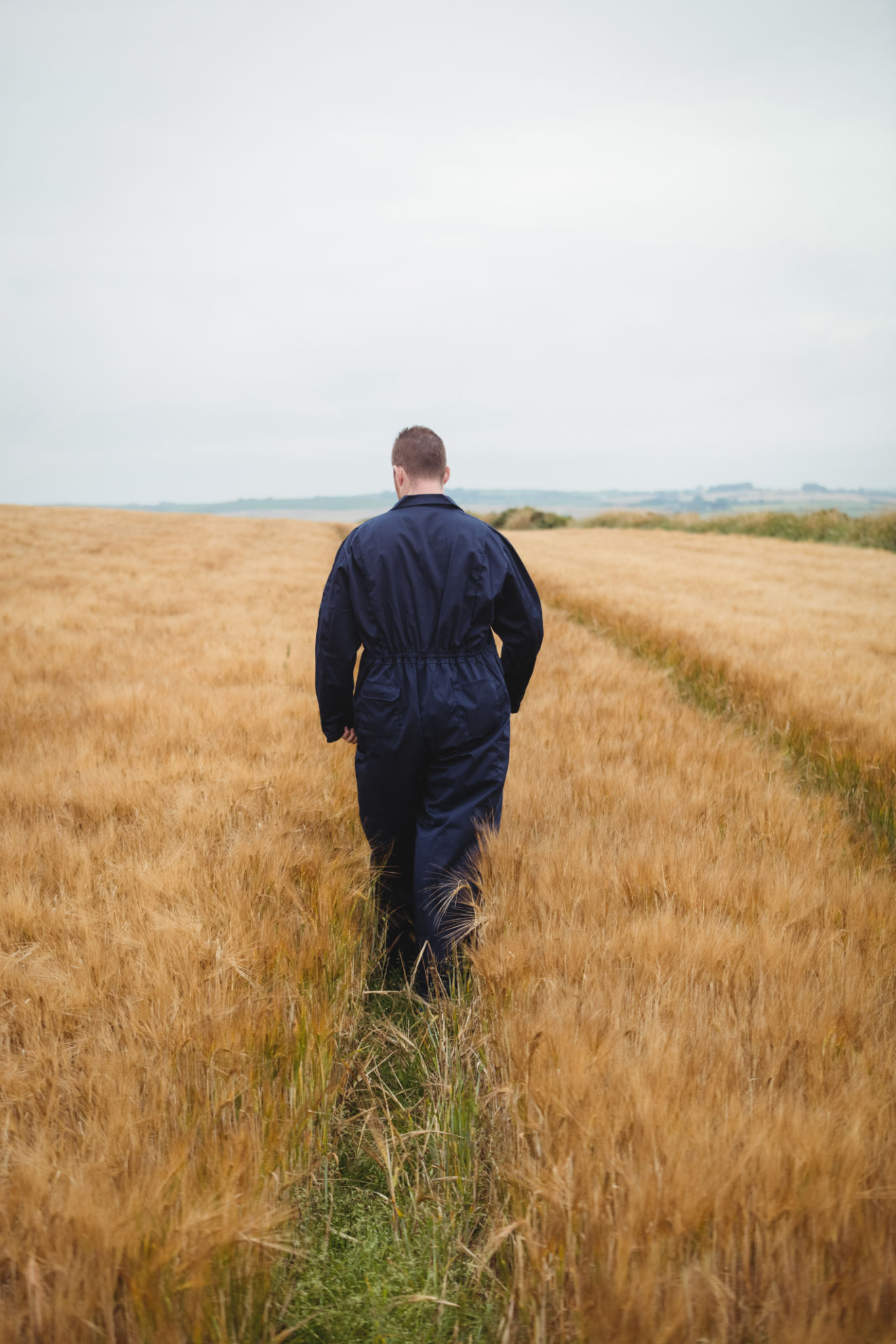
Climate Pressure and the Future of Farming
On top of the daily grind, farmers in 2025 are carrying a different kind of burden: the pressure to change, to adapt, to do better for the environment, and fast.
There’s no denying that sustainability matters. Most farmers want to leave the land in better shape than they found it. But adapting to climate targets, new CAP rules, and emissions cuts takes a toll.
One young farmer in Tipperary told us, “I’m all for greener farming, but it feels like I’m being asked to jump through hoops with one leg tied. There’s grants, but they’re a maze. There’s advice, but it changes every month. It’s exhausting.”
Teagasc’s climate engagement reports now show rising levels of anxiety around environmental pressures. The expectation to be perfect stewards of the land, while staying commercially viable, is enough to wear anyone down. And it’s not just about the future, it’s about now. How do you farm sustainably if you can’t think straight? Mental health is part of climate resilience, always has been.
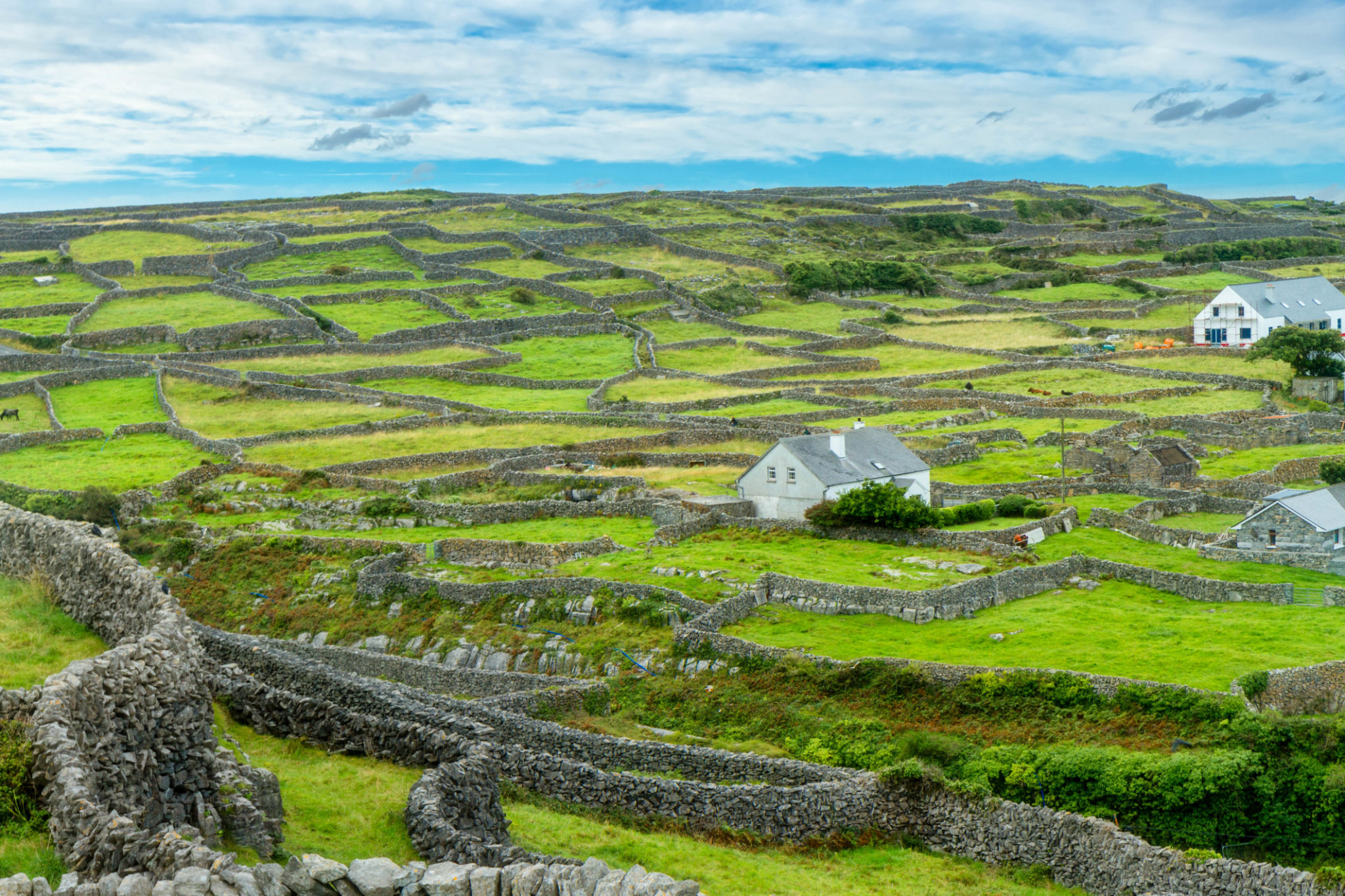
Real Help, in Real Places
Thankfully, change is happening, though not fast enough.
The On Feirm Ground programme is proving that meaningful support doesn’t have to come from a psychologist’s office. By training ag advisors, co-op staff and vets to spot early warning signs of stress, they’re bringing support to places farmers already go. It’s subtle, but powerful. A simple, “How are you really doing?” from someone you trust can open a door.
FarMHealth, meanwhile, has been running practical workshops on mental health. They offer real talk about how stress works, how burnout feels, and what you can do about it. Feedback from farmers has been overwhelmingly positive, because it speaks to them in their language.
And then there’s the government funding. In 2025, €2.5 million was ringfenced for mental health and farm safety initiatives. That’s going towards peer support groups, community events, and better access to counselling in rural areas. It’s a drop in the ocean, but it’s a drop that matters.
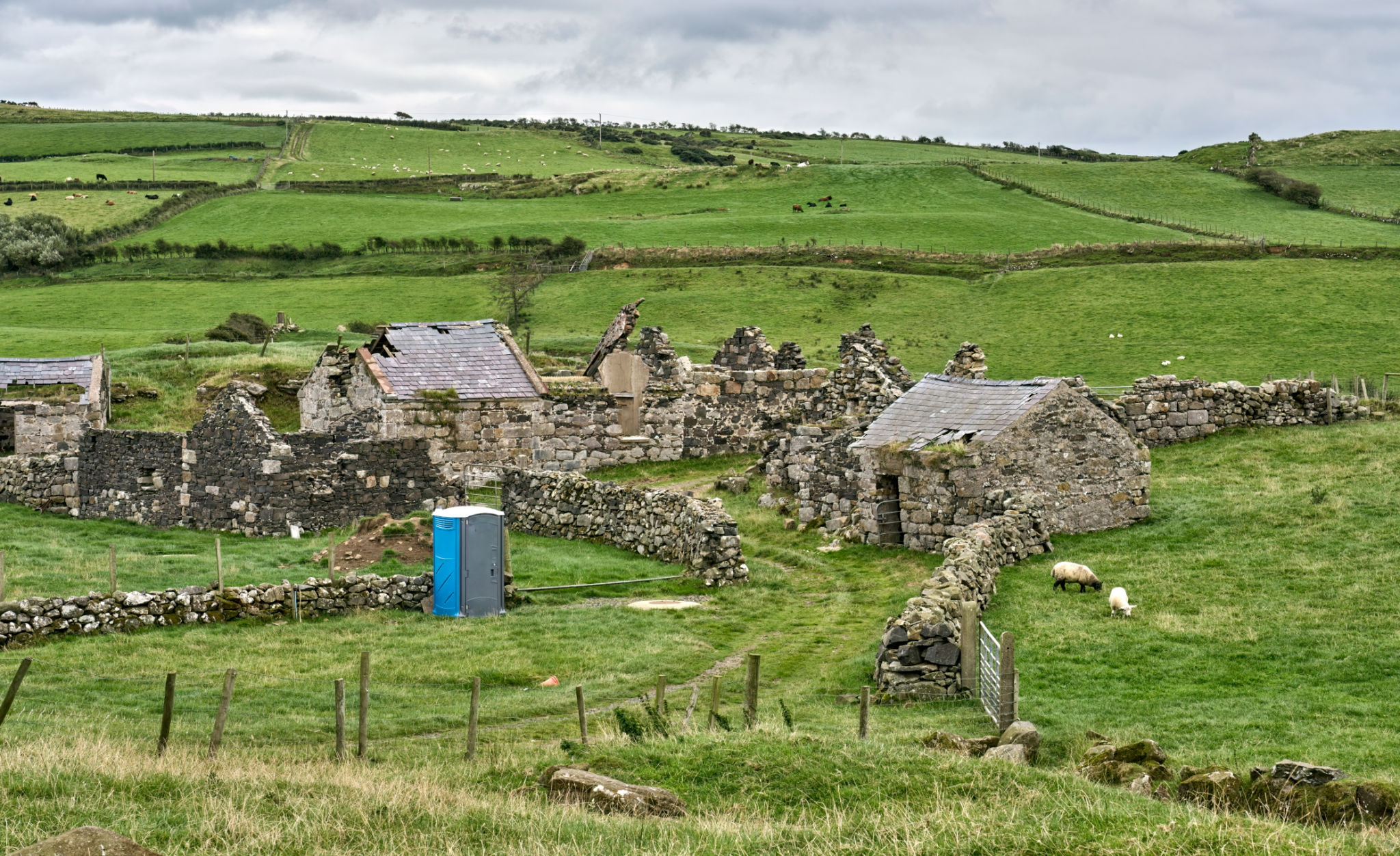
We Still Have a Long Way to Go
For all the progress, the reality on the ground is this: many farmers still don’t have proper mental health support. The services are too far away, the waiting lists are too long, and the professionals don’t always understand the life.
There’s a massive need for farm-literate counsellors, people who understand that stress isn’t just about work, but about legacy, identity, and weather forecasts that change your whole year in an afternoon.
We also need better education, starting in agricultural colleges. Mental health should be on the syllabus alongside soil testing and machinery safety. Because if we’re preparing farmers for the future, we need to prepare them to look after themselves too.
Above all, we need to make checking in on someone a normal thing. A neighbour, a friend, a contractor, ask them how they’re doing, and be ready to hear something real.
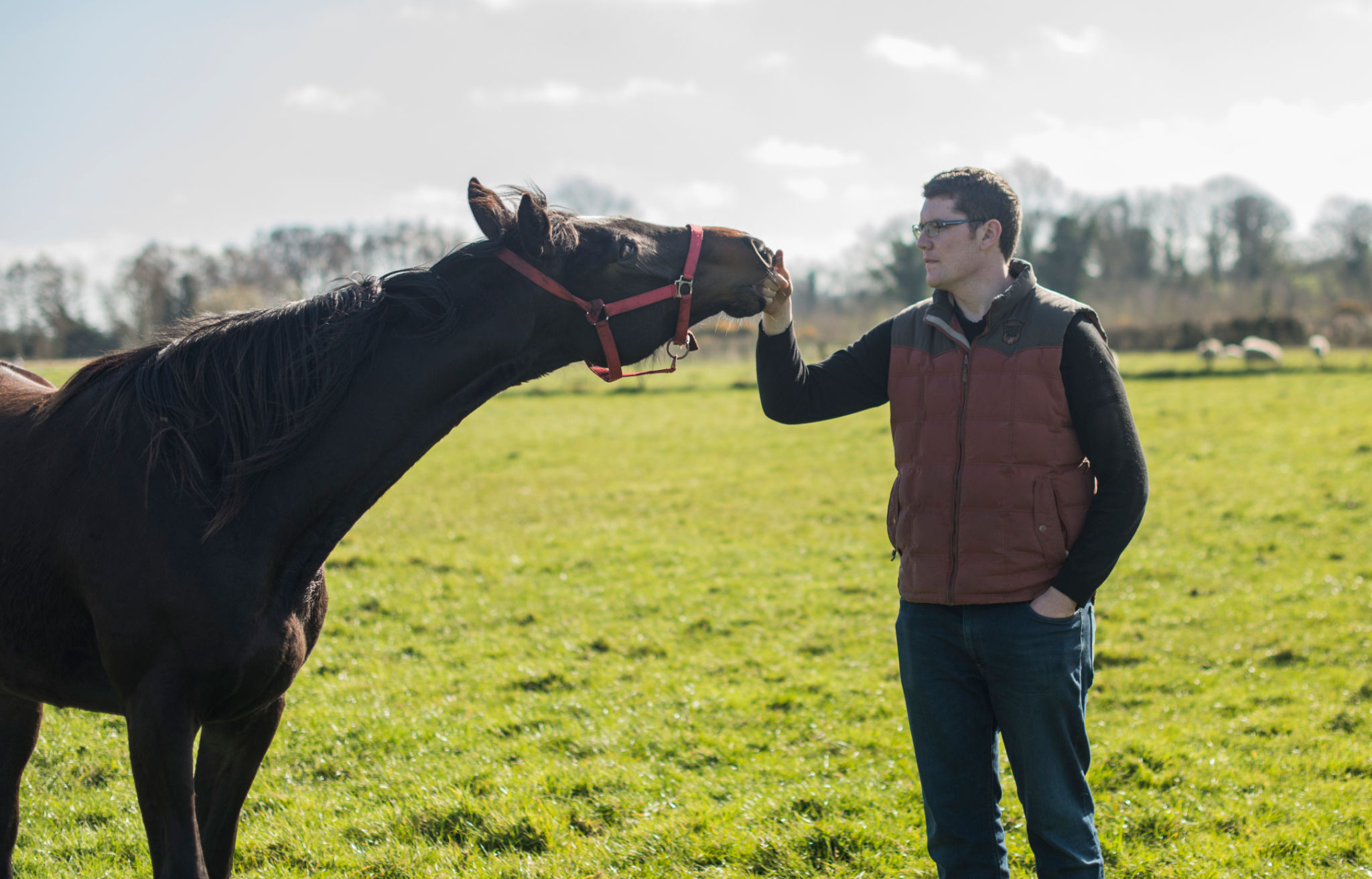
Conclusion
Need support? These people are here for you;
- Samaritans Ireland – Freephone 116 123
- Text About It (Text 50808) – Free, 24/7 anonymous text support
- Mental Health Ireland – www.mentalhealthireland.ie
- Pieta House – Suicide & self-harm support: www.pieta.ie
At The Informed Farmer Consultancy, we work with Irish farmers every day. We see the long hours, the sacrifices, the deep care for the land. And we believe sustainability isn’t just about carbon, it’s about community, about mental wellbeing, about giving farmers the support they need to thrive.
This conversation isn’t over. It’s just starting. And you’re not in it alone.
*By Anne Hayden MSc., Founder, The Informed Farmer Consultancy.
